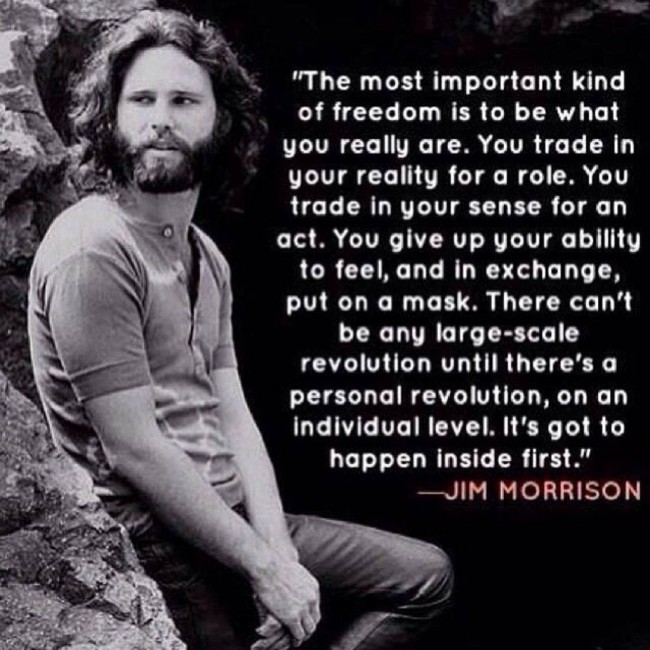Never let anyone tell you what to think. You have the intrinsic right to your own self-beliefs. Sometimes people and situations pressure us to conform, and we start to doubt ourselves. We might also have emotional hangovers from childhood attachment problems that make us feel unworthy of love and afraid we can’t trust our own intuition.
You can investigate any problem you want in therapy, but “why” it exists isn’t as important as “how” you handle it. In this stifling culture of political correctness, you still have personal rights, and effective therapy can help you learn to assert yourself. When some person or situation is holding you down, think of the old Latin saying – “nil illegitimi carborundum” – which means…Don’t let the bastards grind you down!
The goal of all successful therapy is to change self-limiting beliefs into healthy self-empowering ways of thinking and acting. The following seven rights of self-assertion give you and your therapist plenty to work with.
Assert Your Ideas
1. Assert the right to be yourself.
You do not need anyone’s permission to be you. When you persist in expressing your unique thoughts, feelings, beliefs and goals, you become a true individual, not a clone. If somebody else gets jealous of your self-enthusiasm, that’s their problem.
2. Assert the right to say and ask for what you need.
Assert yourself and tell people what you need, when you need it and why you need it. If you don’s speak up, and you hope others will mind-read what you want, you’ll be disappointed. At work, in love, in family, in whatever situation(s) you find yourself, speak up. If you don’t ask, the answer is always, “No!”
3. Assert the right to separate from toxic people, places and situations.
You can dissociate from family, friends, social groups, ideologies, job structures or any other environments that demand your conformity and try to size you down intellectually, spiritually or physically. You can always succeed on your own. Your life should be your dream, not someone else’s cult.
4. Assert the right to say what you think and feel.
Don’t be afraid to risk losing someone else’s approval by speaking your truth honestly and clearly. When you do, you’ll get one of these responses – 1) approval, acceptance and perhaps even admiration, 2) constructive criticism which helps you grow, or 3) non-constructive criticism which indicates a toxic relationship. Time to leave.
5. Assert the right to respected and support.
In a cohesive family, social, business or ideological group, you deserve to be treated as an adult. In a very healthy group, others listen and consider your differences of opinion. A super-healthy group will also support you if you choose to leave for other opportunities.
6. Assert the right to your own kind of love and pleasure.
You can love whom you want in the way you want. You can seek pleasure in the style you choose. The single caveat is what you must not injure, abuse or otherwise demean any other sentient being in the process.
7. Assert the right to your own enlightenment.
Atheism, agnosticism, Buddhism, Ba’ hai, Christianity, the Cargo Cult, Catholicism, Existential Humanism, Eckankar, Hinduism, Secular Humanism, hot cars, Jainism, Islam, Scientology (yikes!),Taoism, going green…the list of belief systems goes on and on. Some believe you get to heaven by killing everybody who disagrees with you. Some just sit silently, while others chant and sell book in airports. It’s 2015 and if you haven’t tried to find a power greater than yourself, you might be missing out on the great 21st Century Consciousness Swap Meet. Nobody knows anything for sure, so Sober Buddha suggests…listen to The Doors’ Jim Morrison sing “People are Strange,” and you’ll remember that it doesn’t matter what other people think. You’ll know how good it feels to just be yourself.

Share this Post
